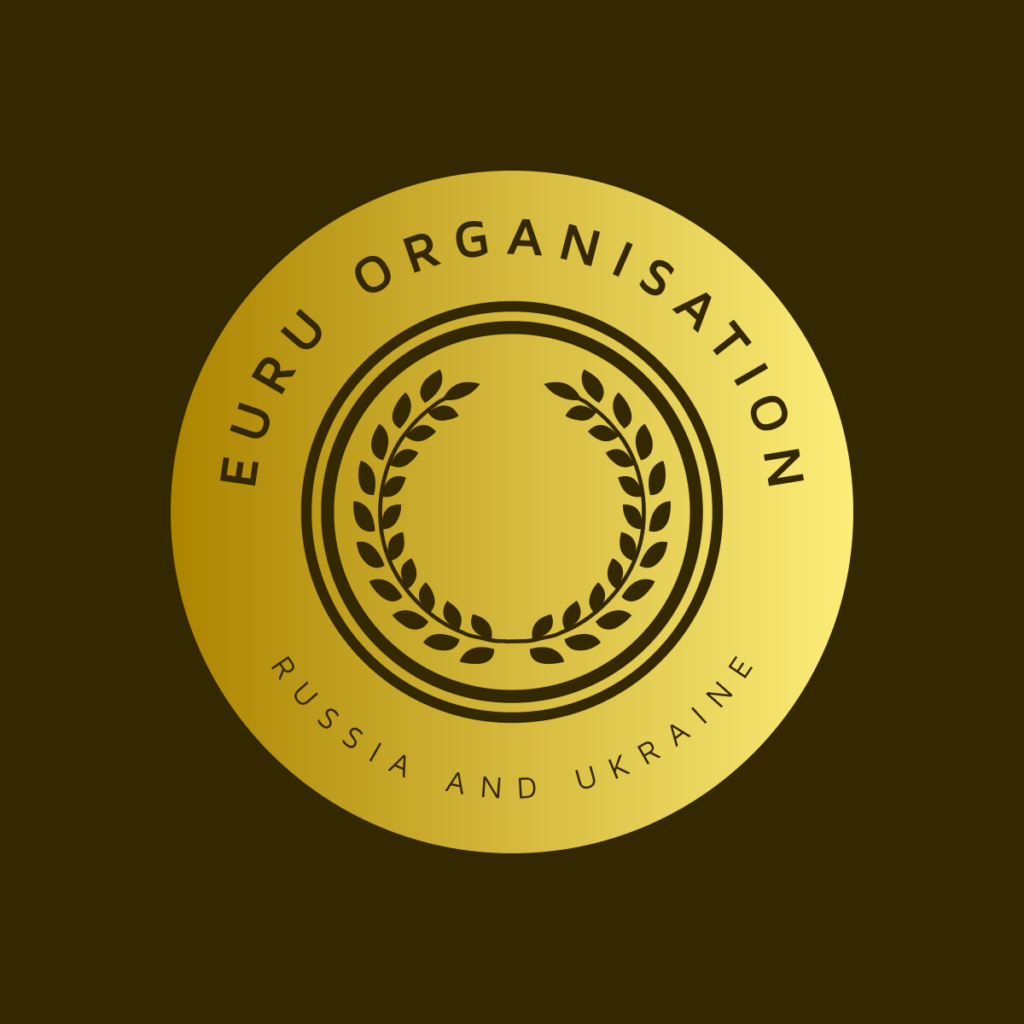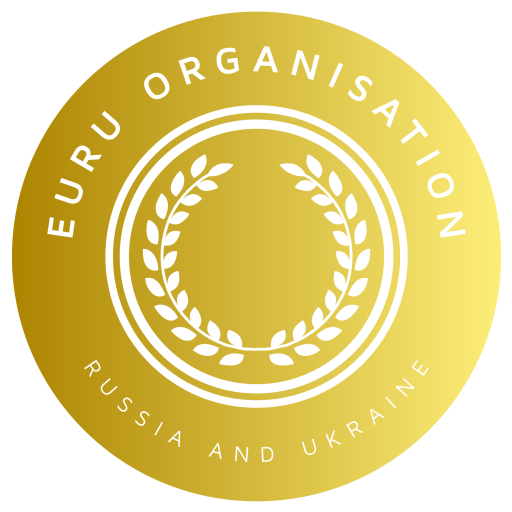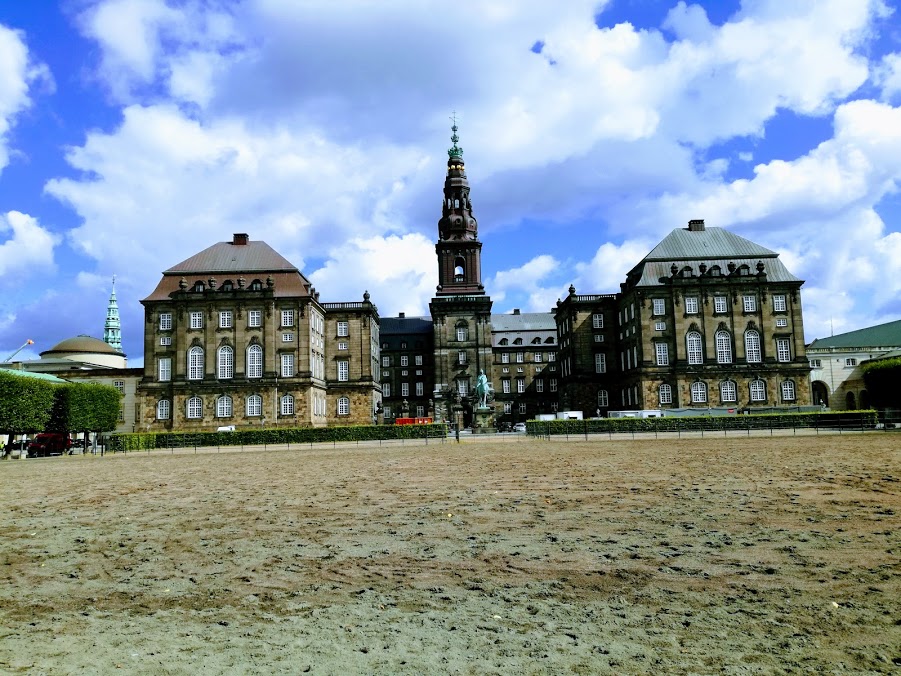Most people wish for peace and stability for the Ukrainian people in their daily lives. In Russia, there are also families hoping their loved ones return home from the front so that everyone can experience peace and stability, desiring a normal daily life.
Today, I have the feeling that artificial intelligence can more quickly and effectively serve as a tool for diplomats to get answers to fundamental and obvious questions, which the West struggles immensely to acknowledge when it comes to Russia and the Russian people. Therefore, I have tried to explore this topic through AI. Here is an excerpt with a particular focus on Russia. I wonder if AI today is not faster, more neutral, and devoid of emotions, making it better at analyzing and handling conflict resolution.
Historical Context
Russia has undergone significant transformations in the 20th and 21st centuries. From being part of the communist Soviet Union to becoming an independent nation after the Soviet Union’s dissolution in 1991, the Russian people have experienced both oppression and freedom. The transition from communism to a more open economy and society has been complex and challenging.
Contemporary Technology and Globalization
Today we live in a globalized world where technology plays a central role in connecting people across borders. The internet and social media have enabled people to share information and communicate in ways that were previously unimaginable. This has also made it harder to completely isolate a people, as information and ideas can spread rapidly.
Consequences of Isolation
Isolating the Russian people can have several negative consequences:
- Increased Nationalism: Historically, isolation has often led to increased nationalism and support for authoritarian leaders. When a people feel threatened or isolated, they may rally around their leaders, even if they disagree with their policies.
- Economic Challenges: Sanctions and isolation can harm the Russian economy, leading to increased poverty and social issues. This, in turn, can result in greater dissatisfaction and instability.
- Lack of Dialogue: Isolation reduces opportunities for dialogue and diplomacy. Without communication and cooperation, it is difficult to find peaceful solutions to conflicts.
The Role of Technology
Technology can play a crucial role in bridging gaps between people and promoting understanding. Through digital platforms, Russians and people from other countries can share their experiences, challenge stereotypes, and build relationships. This can help reduce hostility and promote peace.
Future Perspectives
To promote peace and progress in the West and globally, it is important to focus on dialogue, cooperation, and understanding. Sanctions and isolation should be used cautiously and always with a clear strategy for how they can lead to positive changes. It is also essential to support civil society in Russia and promote technological solutions that can connect people across borders.
How Can We Promote Dialogue Between Russia and the West?
Promoting dialogue between Russia and the West requires a multi-faceted approach that takes into account both historical tensions and contemporary challenges. Here are some strategies that can help bridge the gaps between the parties:
- Historical Understanding and Acknowledgment To promote dialogue, it is important to acknowledge and understand the historical tensions that exist. Russia often feels betrayed by NATO’s eastward expansion after the Cold War. Recognizing these feelings and working to understand them can be a first step toward building trust.
- Diplomatic Channels Restoring and strengthening diplomatic channels is crucial. This can include regular meetings between leaders, diplomats, and military officials to discuss security issues and other important matters.
- Economic Cooperation Economic cooperation can be a strong driver of peace. Projects involving both parties, such as energy and infrastructure projects, can create mutual dependencies and incentives for peaceful coexistence.
- Civil Society Engagement Supporting civil society organizations that work across borders can promote understanding and cooperation at the grassroots level. This can include cultural exchanges, educational programs, and joint research projects.
- Technological Cooperation Technology can play a central role in promoting dialogue. Digital platforms can be used to connect people and organizations across borders, helping to break down barriers and foster understanding.
- Confidence-Building Measures Implementing confidence-building measures, such as arms control agreements and transparency in military activities, can reduce tensions and create a more stable security environment.
- Independent Mediators Utilizing independent mediators and international organizations can help facilitate dialogue and negotiations. These mediators can provide a neutral platform for discussion and assist in finding compromises.
- Media and Information Campaigns Combating misinformation and promoting objective reporting can help reduce hostility and misunderstandings. Media campaigns that promote peace and cooperation can play an essential role in changing public perception.
By combining these strategies, we can work towards a more peaceful and cooperative future between Russia and the West.
This is: AI-Generated Analysis.



















